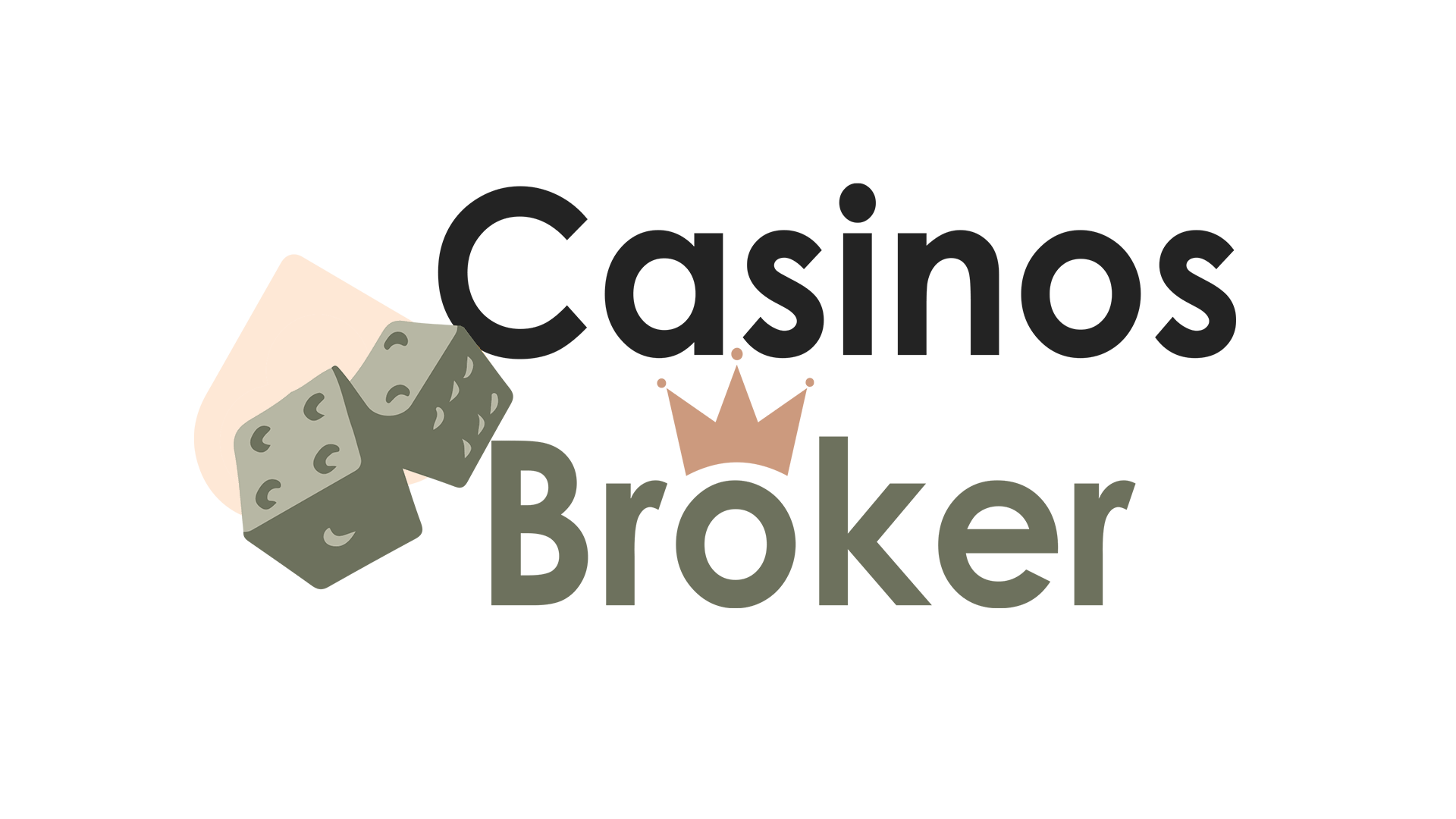Preparing Emotionally for the Closing
Emotional Readiness at Closing: An iGaming M&A Advisor’s Guide
Seller’s remorse is no myth. Studies show that roughly 70 – 76 % of entrepreneurs feel some level of regret within the first year after they part with their companies.
In the fast-paced iGaming sector—where founders often double as operational linchpins, brand ambassadors and compliance gatekeepers—those emotions are amplified. As advisers, we must anticipate the psychological dip that can follow the financial high and build it into our deal strategy just as rigorously as we model earn-outs or assess bonus claw-backs.
After all, a seller who wakes up one morning questioning the deal can derail months of negotiation, spook regulators and inflate legal spend. Protecting both valuation and timetable therefore starts with understanding the human narrative that underpins the balance sheet.
When a founder has spent a decade navigating licensing reviews, supplier audits and jurisdictional tax quirks, the business can become inseparable from personal identity. Retirement fantasies of turquoise seas and slow breakfasts give way, surprisingly quickly, to restlessness. Harvard Business Review calls this “the post-sale depression”. In practice, many sellers phone us within 10 – 12 months asking to consult, mentor or even repurchase minority stakes.
A Data-Driven Look at Post-Sale Emotions
| Key emotional trigger | Typical onset | Likely business impact if unaddressed | Mitigation tactic |
|---|---|---|---|
| Loss of identity & daily routine | Month 3 – 9 | Earn-out under-performance; brand-owner messaging mismatch | Offer strategic-advisor role with 8–12 days/quarter commitment |
| Fear of “doing nothing” | Weeks pre-closing to Month 3 | Closing delays; over-negotiation of reps & warranties | Develop 24-month life-plan worksheet before exclusivity period |
| Concern for staff & customer legacy | Signing to Month 6 | Key-personnel attrition; player churn in top-tier markets | Draft retention bonuses and joint press releases featuring seller |
| Anxiety over regulatory hand-over | Weeks pre-closing | Licence-renewal bottlenecks; fines for reporting gaps | Include seller on compliance committee until first post-closing audit |
Source: Exit Planning Institute survey data, industry interviews and CasinosBroker deal files 2018-2024.
From Transaction to Trajectory
Financial closing is not the finish line; it is the starting gun for the seller’s next chapter. I ask every client to write, in ink, three concrete goals for the next five, ten and fifteen years. Travelling through the Azores, learning Python, or chairing a charitable foundation—anything works so long as it is specific. The exercise converts a foggy retirement fantasy into a roadmap and measurably reduces pre-signing anxiety. Sellers who take the exercise seriously also negotiate more assertively, because they know exactly what the proceeds are funding.
Buyers, meanwhile, gain leverage when they align incentives with those personal goals. In one recent sportsbook acquisition, the founder agreed to stay on as “chief relationship architect” at 60 % of market pay. The role kept him in the conferences he loves while saving the buyer €180 k in annual payroll—an elegant arbitrage between emotion and economics. Flexible, part-time or commission-based agreements of this sort routinely protect key revenue streams and reassure regulators because the familiar face behind the licence remains visible.
Pros and Cons of Post-Closing Seller Involvement
Pros
- Smooth knowledge transfer and licence continuity
- Lower recruitment costs for highly specialised roles
- Stronger retention of VIP player accounts that value founder visibility
- Reassurance for banks and payment providers that compliance culture endures
Cons
- Potential cultural tension if legacy leadership style clashes with new management
- Risk that the seller delays full integration to preserve a comfort zone
- Earn-out disputes if role definitions overlap with performance metrics
- Possible perception among staff that “nothing has really changed,” slowing adoption of new KPIs
Balancing these factors starts by defining scope, duration and decision rights up front—in the SPA, not in a handshake. Where ambiguity persists, I recommend a quarterly review board comprising one buyer designee, one seller designee and an external chair.
Frequently Asked Questions
Q: Is seller’s remorse inevitable?
A: No, but probability is high if the owner lacks a clear post-sale agenda. Structured transition coaching and incremental disengagement reduce the incidence dramatically.
Q: How early should emotional planning begin?
A: Ideally 24 – 36 months before a formal sale process. That window mirrors the time required for gaming-licence renewals and gives sellers space to test new passions without transactional pressure.
Q: Can retaining the seller harm valuation?
A: On the contrary, a well-articulated earn-out tied to advisory duties can increase net proceeds by safeguarding EBITDA during hand-over. Where buyers worry is when the seller’s ongoing role is vague.
Q: What if the seller changes their mind at the eleventh hour?
A: Introduce phased sign-off checkpoints—LOI, SPA, regulatory approval—each with defined walk-away penalties. This structure turns cold feet into a quantifiable cost rather than a catastrophic collapse.
Closing Thoughts
Emotional readiness is as bankable as due diligence. A founder who has identified a new mission steps out of the virtual casino with purpose, not regret. A buyer who appreciates that psychology acquires not just code bases and player databases but goodwill that persists through the earn-out horizon. Prepare for the human side with the same precision you apply to the financial model, and both parties will exit the table with chips—and confidence—to spare.


